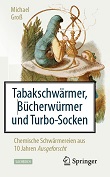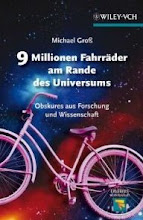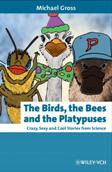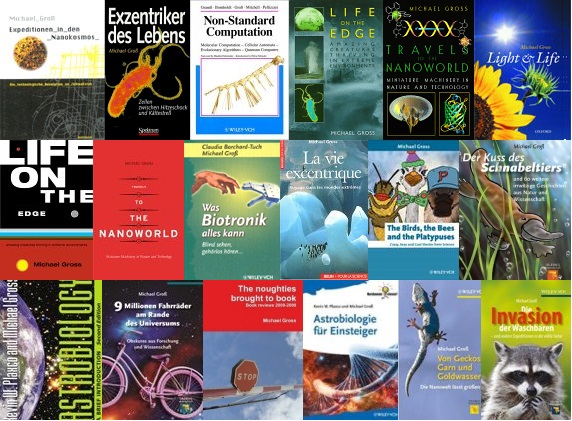ecology
Counteracting a legacy of extinctions
Now a new study, comparing the traits of introduced herbivores to those of the past, reveals that introductions have restored many important ecological traits that have been lost for thousands of years.
Here's a different take on the same PNAS paper:
Pablo Escobar's hippos may help counteract a legacy of extinctions
When cocaine kingpin Pablo Escobar was shot dead in 1993, the four hippos in his private zoo in Colombia were left behind. Since then, their numbers have grown to an estimated 80-100 in the country's rivers. Scientists and the public alike have viewed the hippos as invasive pests that should not run wild in South America. Now a new study in PNAS by an international group of researchers challenges this view.
conservation
UM scientists play a direct role in identification of forests for protection in Borneo

A Borneo rainforest identified in the study as critical for protection.
Credit: Jedediah Brodie
nanoworld
Researchers observe ultrafast processes of single molecules for the first time
biomedical
Stem cells and nerves interact in tissue regeneration and cancer progression
Researchers at the University of Zurich show that different stem cell populations are innervated in distinct ways. Innervation may therefore be crucial for proper tissue regeneration. They also demonstrate that cancer stem cells likewise establish contacts with nerves. Targeting tumor innervation could thus lead to new cancer therapies.
Immune boost against the coronavirus
In Germany, a vaccine candidate will be tested for its effectiveness against infections with the novel coronavirus.
climate change
East Antarctica's Denman Glacier has retreated almost 3 miles over last 22 years
sustainability
How do you power billions of sensors? By converting waste heat into electricity
New material developed could help clean energy revolution
Researchers developed a promising graphene-carbon nanotube catalyst, giving them better control over hugely important chemical reactions for producing green technology and clean energy
---------------
From the news media:
Climate crisis denialists are now getting the demonstration how delays cost lives - I am cautiously optimistic that after all this people will stop trusting and voting for risk denialists of any kind. Comment piece from Jonathan Watts on this important connection.














No comments:
Post a Comment